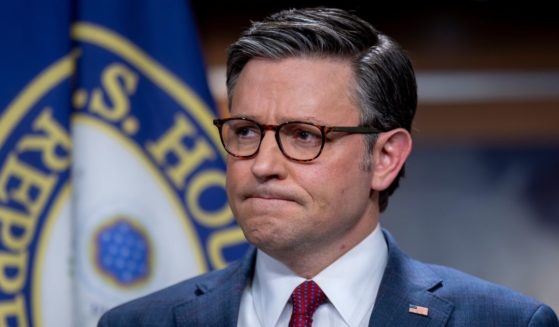PG&E: Judge's proposals for fire risk could cost up to $150B
SAN FRANCISCO (AP) — Proposals by a U.S. judge to prevent Pacific Gas & Electric Co. equipment from causing more wildfires would endanger lives, could cost as much as $150 billion and would interfere with the work of federal and state regulators, the utility said Wednesday in a court filing urging the judge not to impose the measures.
PG&E said it’s committed to system upgrades and wildfire prevention but contended that a criminal case being handled by U.S. District Judge William Alsup was not the right forum to address such measures.
Earlier this month, Alsup proposed ordering PG&E to remove or trim all trees that could fall onto its power lines, poles or equipment in high-wind conditions and to document its inspections and work.
He also proposed ordering PG&E to reinspect its entire electric grid and to cut off power during certain wind conditions regardless of the inconvenience to customers or loss of profit.
The legal arguments came as PG&E is facing hundreds of lawsuits from wildfire victims over catastrophic California wildfires in the past two years that killed scores of people and destroyed thousands of homes.
The utility announced on Jan. 14 that it will file for bankruptcy protection in the face of at least $30 billion in potential liability from the fires.
PG&E said in its court filing Wednesday that complying with all of Alsup’s proposals could cost as much as $150 billion and require massive rate hikes.
The proposals, aimed at stopping fires this year, would require the utility to remove an estimated 100 million trees, causing significant environmental consequences, PG&E said.
Shutting down power affects first responders, critical medical care and phone service and is potentially fatal, the utility added.
Alsup’s proposals could also blackout large parts of the Western U.S. and Canada because the utility’s power lines are part of a network that provides power to those massive regions, PG&E said.
The judge’s measures would interfere with the “role of state and federal regulators without fully accounting for the risks that some of those actions may create” or assessing whether the significant costs it would create are necessary, the legal filing said.
U.S. prosecutors urged Alsup on Wednesday to work with a court-appointed monitor to determine ways PG&E could prevent its equipment from starting wildfires.
In its court filing, the U.S. attorney’s office in San Francisco said Alsup should refrain from immediately imposing new requirements on the utility.
Alsup has scheduled a hearing on Jan. 30 to discuss his proposals. PG&E said it did not object to additional oversight by a monitor appointed by the court.
Alsup is overseeing a jury verdict against PG&E involving the deadly explosion of a company gas pipeline in 2010. The judge is eyeing the wildfire requirements as part of PG&E’s probation in the criminal case.
Alsup has noted that California fire investigators have determined that PG&E caused 18 wildfires in 2017 — 12 of which could result in criminal prosecution.
The Western Journal has not reviewed this Associated Press story prior to publication. Therefore, it may contain editorial bias or may in some other way not meet our normal editorial standards. It is provided to our readers as a service from The Western Journal.
Truth and Accuracy
We are committed to truth and accuracy in all of our journalism. Read our editorial standards.












